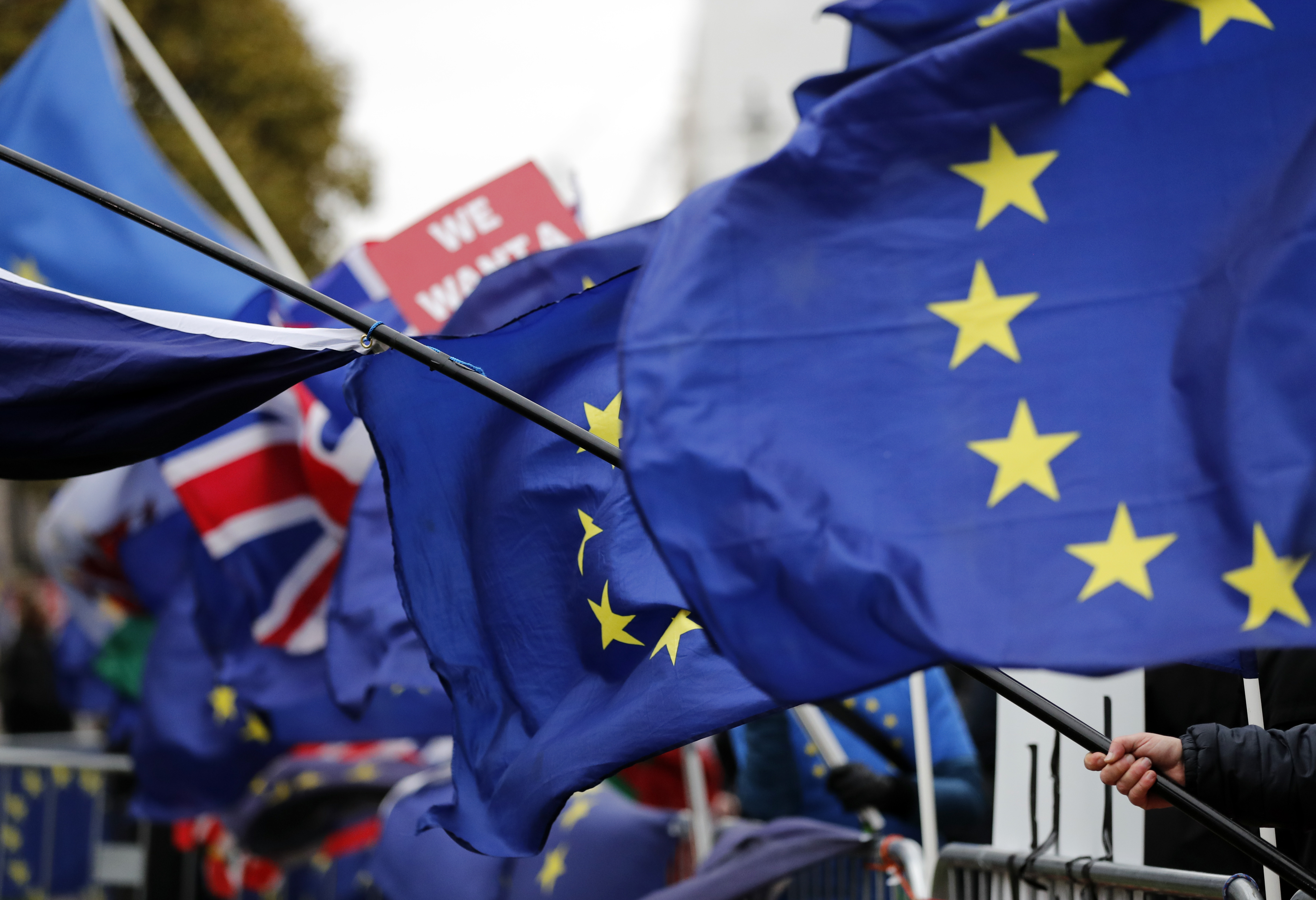European Election
A letter from Britain

Nach mehreren Wahldurchgängen im britischen Parlament letzte Woche ist klar: das Vereinigte Königreich wird nicht am 29. März aus der Europäischen Union austreten
© picture alliance/AP PhotoThe best news of the night, consistent with the picture elsewhere in Europe, is that voter turnout went up sharply, from 35.4% in 2014 to 50.5% this time. Europeans are beginning to value Europe, or at least to recognise its importance.
In the UK, more people voted for anti-Brexit parties than for pro-Brexit parties (this excludes those who voted Labour or Conservative, since both parties are divided). The result is consistent with recent opinion polls that show 55% of UK citizens now opposed to Brexit and only 45% in favour. It is widely seen to increase the chances of a second referendum on EU membership.
The Brexit Party, led by Nigel Farage, was the overall winner. It topped the poll in Wales and in eight of the nine English regions, but not in London, Scotland, or Northern Ireland. It took 31.6% of the vote and claimed 29 of the 73 UK seats.
Second however were the Liberal Democrats who took 20.3% of the vote across Britain and topped the poll in London. From just one EP seat in 2014 they went up to 16. With the Alliance Party in Northern Ireland appearing to gain a seat, the UK should contribute 17 MEPs to the new ALDE Group, forming the second largest national delegation after France’s Renaissance/En Marche list.
Perhaps the biggest surprise of the night was the extent of the Conservative Party’s defeat. It came in fifth, behind the Greens, and secured only three MEPs. Since Theresa May’s resignation came one day after the poll, the Conservative Party can be expected to be in some turmoil until it elects a new leader at the end of July. If their new leader is unable to secure a majority in Parliament, a General Election in the autumn looks likely.
Noteworthy is the presence of a German national, Irina von Wiese, born in Köln, among the new Liberal Democrat MEPs. She was the No.1 candidate on the Party’s list in London. She joins another German national, Wera Hobhouse, who serves as MP for Bath in the House of Commons.
Among the Liberal Democrat MEPs elected, four have served in previous EP mandates and one at Westminster. Within the ALDE Group, the UK delegation is expected to seek the post of Vice President of the EP for Catherine Bearder, the only MEP of the LibDems in the outgoing parliament.
